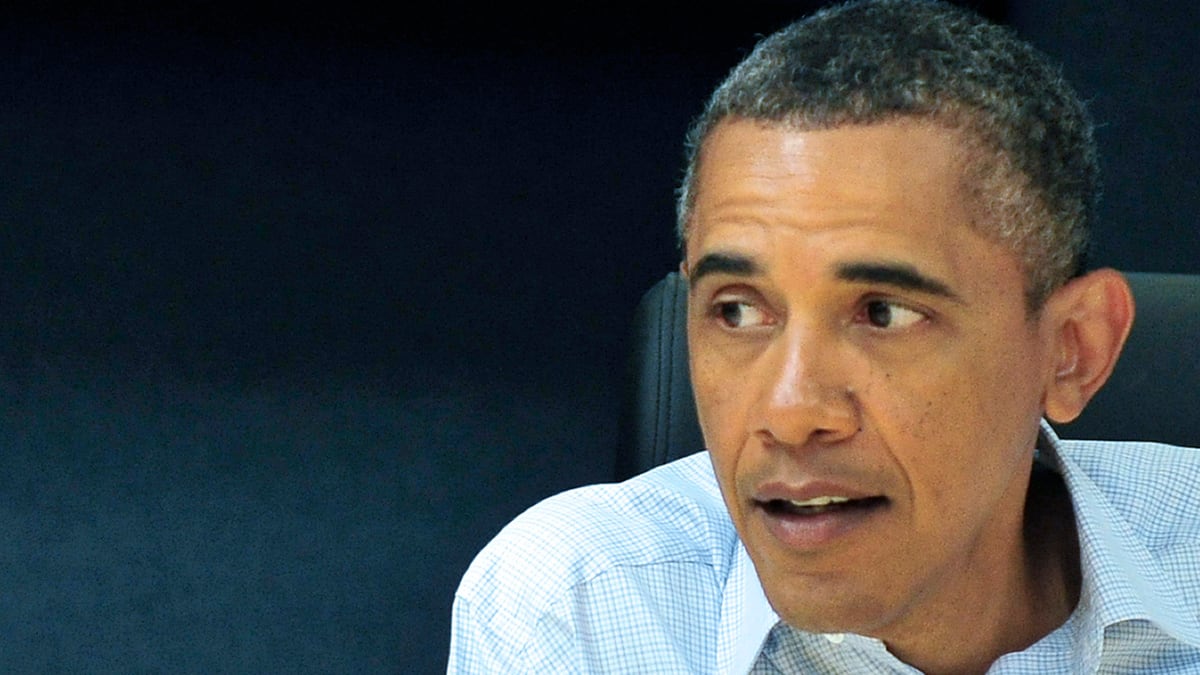August is supposed to be a slow month in Washington, but even the White House was surprised at how still America’s jobs market stayed at the height of the summer.
New employment data from the Bureau of Labor Statistics could hardly have been much worse on Friday morning. The private sector added a net of zero jobs last month and the nation’s unemployment rate stood still at 9.1 percent.
From there the news got worse. The average number of weekly hours declined along with aggregate weekly payrolls. One of the hardest-hit sectors, local government, reported having lost a total of 550,000 jobs since the downturn hit in 2008.
The White House stayed mostly mum on the numbers, pointing instead to next week when Obama will unveil a laundry list of new ideas before Congress to jumpstart hiring.
Economists have told Obama, as well as Newsweek and The Daily Beast, that to get out of this period of malaise, he’ll have to try something big, perhaps bigger than the initial $987 stimulus package, which poses substantial political risk.
But members of Congress didn’t hold their powder. Many blasted out statements to reporters laying the blame squarely on Obama—a theme that will continue right into 2012.

“Today’s disappointing unemployment report is further proof that President Obama has failed,” presidential candidate Mitt Romney said in a statement. Speaker John Boehner said Obama’s “triple threat” of higher taxes, stimulus spending and federal regulations slowed growth.
Democrats on the Hill took the shorter view, recalling the debt debacle of July during which House Republicans, and especially Tea Party members, refused repeated compromise offers to raise the nation’s debt ceiling. The result was an extra month of uncertainly that impeded an already volatile hiring market.
Yet Washington’s blame game underscores the challenge facing the president. Surrounded by economic advisers urging aggressive action to revive the economy, the legislative realities tie the president’s hands.
Unlikely to be given carte blanche for another round of stimulus, administration officials have been looking toward smaller ideas to encourage businesses to start hiring again. Extending the payroll tax break, reforming the tax code to alleviate the middle class and cutting more burdensome debt could aid new growth.
But economists like Heidi Shierholz, a top labor economist with the Economic Policy Institute, told Newsweek and The Daily Beast earlier this week that small ideas won’t move the needle in the short term, and Obama will have to go big.
One area certain to get attention from Obama next week is infrastructure. Despite $105 billion originally devoted in the American Recovery Act, the construction sector has been slow to bounce back, adding only 8,000 jobs during most of the summer, at the height of the construction season.
Rather than turn away from a questionable strategy, Obama doubled down on infrastructure at the White House on Wednesday, saying the hard-hit construction, as well as America’s bridges, roads and schools, needed more attention from Washington.
But as bad as they were, the jobs numbers may not have been the most sobering news to come out this week. According to the Pew Research Center on Public Policy, a new poll showed that, when asked, only 10 percent of Americans say they’re happy with the federal government. It’s the lowest recorded number since 1997 and a stark reminder that as lawmakers try to find nearly 14 million Americans new jobs, they need to also worry about their own.






